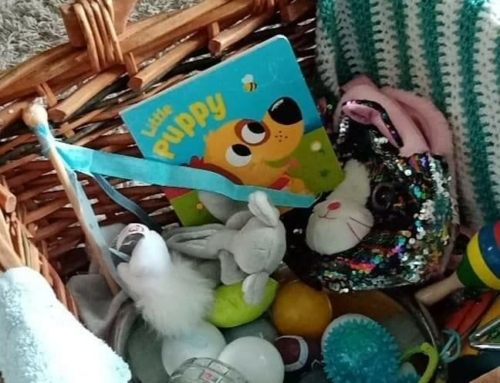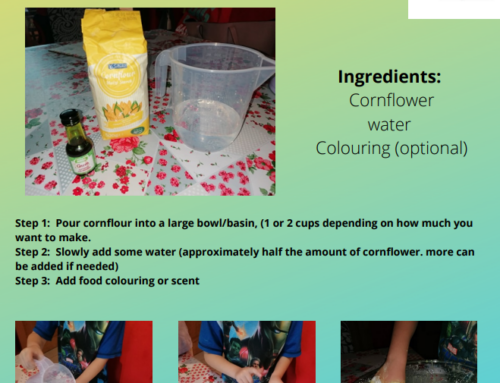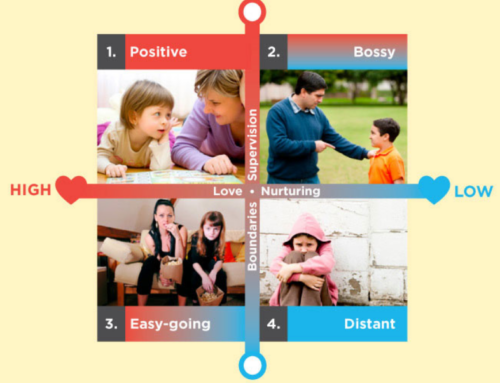The ‘baby blues’ is a mild depression that many women experience soon after their babies are born. These blues can be caused by hormone changes as well as by the personal challenges that a woman goes through after childbirth.
They happen most often from the third or fourth day to the first or second week after delivery.
You may have the baby blues if:
- You cry often and not always for a reason you can understand.
- You feel tired, or you don’t have the energy you need to get through the day.
- You have insomnia, which can mean you have trouble falling asleep, trouble sleeping through the night, or that you wake up too early in the morning and can’t fall back to sleep.
- You have trouble concentrating, or you often feel confused or distracted.
- You often feel irritable or angry, sometimes for no reason.
You don’t feel hungry and are losing weight too fast, or you are often hungry and are gaining weight you don’t want or don’t need.
Don’t let these blues get you down. They may last from several days to a week or more, but they almost always go away by themselves.
Be open with your partner, family and friends about your concerns.
Ask them to help you with housework or childcare until you feel better.
And most important, be realistic about motherhood: about how fast you will recover or learn mothering skills, about how much rest you need, about the support you need and deserve from others.
Understanding postnatal depression
The baby blues can be a normal experience after giving birth. But you should be aware that some women experience a deeper, more serious depression.
How is this postnatal depression different from the “blues”?
It lasts longer.
Any depression that lasts beyond 2 to 3 weeks could be postnatal depression.
It starts later. The baby blues tend to start soon after delivery. A depression that begins in the third week or later (even up to several months after birth) could be a cause for concern.
The depression is stronger. In addition to experiencing anxiety or doubt, a depressed mother may feel very alone, vulnerable, or completely overwhelmed by the experience of parenthood. She may believe that there is something truly wrong with her abilities as a mother. She may start to distance herself from her partner, family and friends.
The symptoms are more varied. The mother may experience headaches or bowel problems as well as insomnia, confusion, sadness or fear. She may even have trouble producing breast milk.
It is very important that you pay attention to your moods and emotions after you’ve had your baby. The earlier you catch postnatal depression, the easier it can be to recover.
Your baby is special
During the next twelve months, your baby will go through more developmental changes than at any other time during his life.
A good way to enjoy your baby’s uniqueness is by observing him closely.
The most important thing about observing is knowing what you’re looking for: sometimes when a mother brings her baby to the clinic, the doctor asks questions to which the mother may not know the answers. This is simply because the mother doesn’t know what behaviours to look out for.
As you read the Growing Child you will learn what to look for because it will tell you about the most important developments that will normally be taking place.
Every baby is different and each one will progress at a different rate. The more you are able to develop your own powers of observation, the more you will know about the individuality of your child.
The most important part of caregiving is to make a good match between your responses and your baby’s temperament.
Keep a record
Just watching your baby’s development is quite an experience, and the memories will be precious years from now.
So, you might like to cherish these memories for yourself and your child by recording what you see. Buy or make a diary, one with spaces for each day.
Then each day, write some little thing about your baby: How does he look? What did he do? How do you feel about him?
Some parents keep a diary for each child until they’re grown up.
If you miss a few days, don’t give up; everyone has busy days. Instead just skip a few pages and continue.
In addition to providing a lot of fun for you as you read it, a diary may be of value to a doctor if your child later develops a medical problem.
You may also wish to add photographs or other mementos.
With today’s cameras, it’s also easy to keep friends and relatives updated with e-mail photos. Remember to keep your camera handy!







